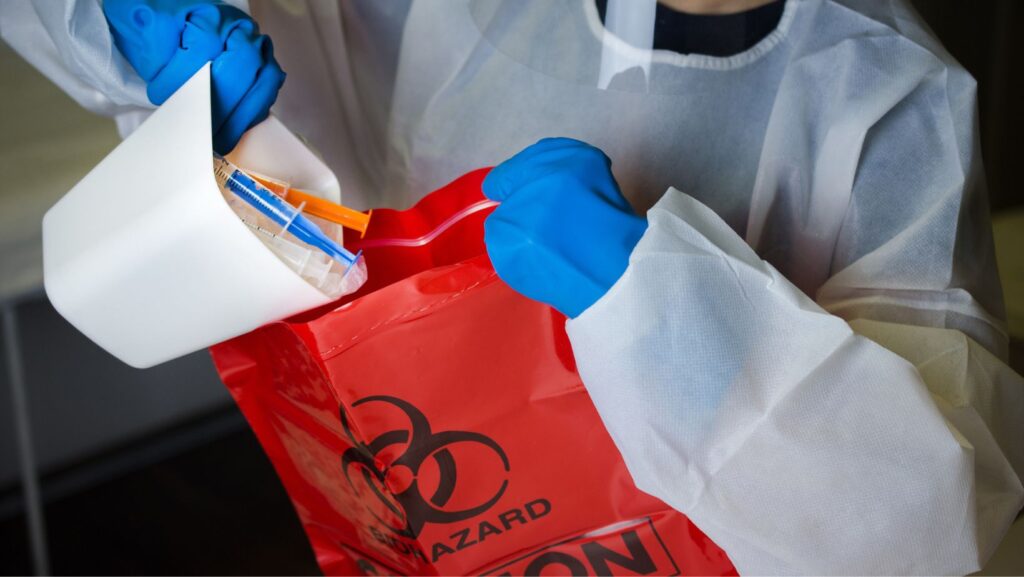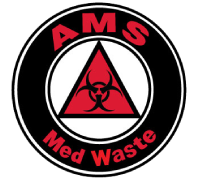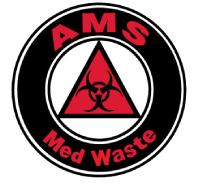How To Safely Prepare Hazardous Medical Waste

If you work in the medical field, you will likely come into contact with medical waste. This type of waste can be dangerous, which is why it’s essential to know how to prepare both hazardous and potentially infectious medical waste so it can be disposed of in a safe manner. This blog post will guide you in preparing your medical waste for safe disposal.
What Is Medical Waste?
Medical waste is any type of solid or liquid waste that contains potentially infectious materials. This type of waste can come from hospitals, clinics, medical offices, home healthcare and laboratories. Potentially infectious medical waste can also include used needles and syringes from any location that generates medical waste
Medical waste is separated into two categories:
-hazardous medical waste
-non-hazardous medical waste
Potentially Infectious Medical Waste is any type of medical waste that could cause harm to people or the environment if it is not disposed of properly. This type of medical waste includes blood borne pathogens, sharps, such as needles and syringes; infectious wastes, such as cultures and tissues; and pharmaceuticals, such as very small quantities of chemotherapy drugs.
Hazardous Medical Waste is any waste that has been classified as hazardous by the EPA or possess the characteristics of ignitability, corrosivity, reactivity and toxicity.
Why Is It Important To Transport Medical Waste Safely?
Medical waste can be dangerous if it is not handled properly. Improperly disposed of medical waste can lead to the spread of infection and disease. It can also pollute the environment. That’s why it’s crucial to transport medical waste safely. When medical waste is transported properly, it reduces the risk of harm to people and the environment.
How to Prepare Medical Waste for Transport
There are a few things you need to do to prepare medical waste for transport:
Collect and Separate the Medical Waste
When you are collecting your medical waste, make sure that you are separating it based on the five different categories of medical waste. These categories are:
Potentially Infectious Medical Waste: This type of medical waste includes anything that contains hazardous chemicals. This can include items such as cleaning waste, chemo therapy drugs, RCRA pharmaceuticals among others.
Hazardous Chemical Waste: This type of medical waste includes anything that contains hazardous chemicals. This can include items such as cleaning waste, chemotherapy drugs, RCRA pharmaceuticals among others.
Radioactive Waste: This type of medical waste includes anything that is radioactive. This can include items such as medical equipment and supplies.
Sharps Waste: This type of medical waste includes anything that could puncture or cut you. This can include items such as needles and scalpels.
Pharmaceutical Waste: This medical waste includes expired or unused medications.
Once you have collected and separated your medical waste, you must package it properly for transport.
Choose The Right Container For Medical Waste
First, you should ensure that you are using the correct containers for the different types of medical waste. It’s important because each type of medical waste requires a different type of container.
For example, sharp items such as needles and scalpels should be placed in a puncture-resistant container. This could be a rigid plastic container with a lid or a metal container. Medical waste containers are color coded for easy identification.
Label the Containers
Label medical waste containers with the type of medical waste inside. This is important for two reasons:
1) So that the proper disposal methods can be used and
2) In case the container is accidentally opened, whoever finds it knows what is inside and can take the necessary precautions.
Some states have specific labeling requirements, so make sure to check your local regulations.
Use The Correct Method Of Transportation
When transporting the medical waste, it is vital to choose the right transportation method. The type of transportation you use will depend on the type of waste you are transporting. Some types of medical waste, such as sharps, may need to be transported via courier service. Others, such as clinical Waste, may be able to be transported via regular mail. Be sure to check with your waste management company to determine the best method of transportation for your waste which may include their own trucks.
Contact A Local Medical Waste Disposal Company
Lastly, by contacting a medical waste company that is skilled in medical waste disposal, you can be sure that your medical waste will be disposed of correctly and safely. This is the best way to ensure that your medical waste is transported and disposed of properly.
By following these guidelines, you can ensure that your medical waste is transported safely and responsibly. By taking the time to properly prepare and package your hazardous medical waste, you can help protect yourself, your patients, and the environment.
If you need a medical waste disposal company, then look no further than AMS Med Waste. We are a medical waste company that is skilled in medical waste disposal and can help you with all your medical waste needs. Contact us today to learn more about our services!





